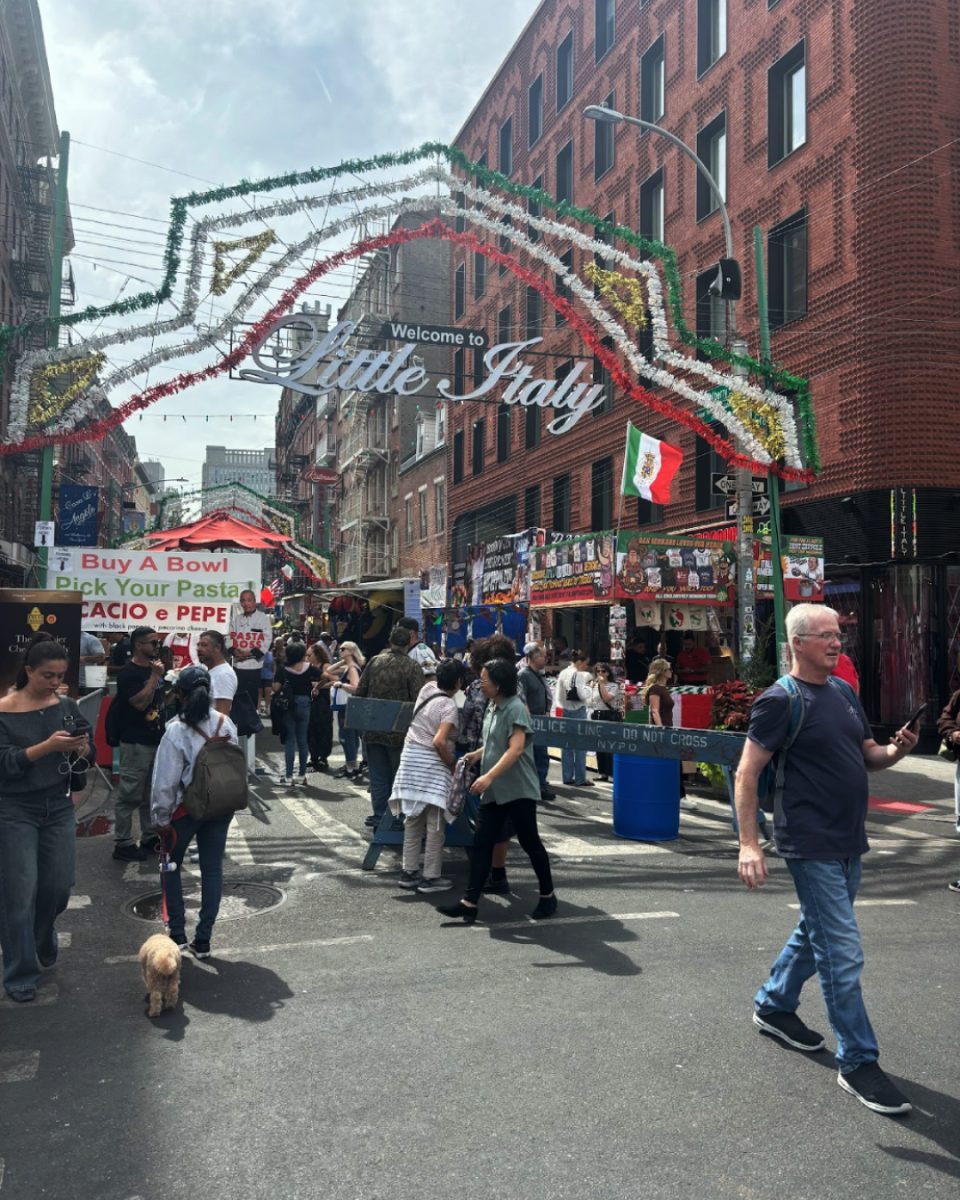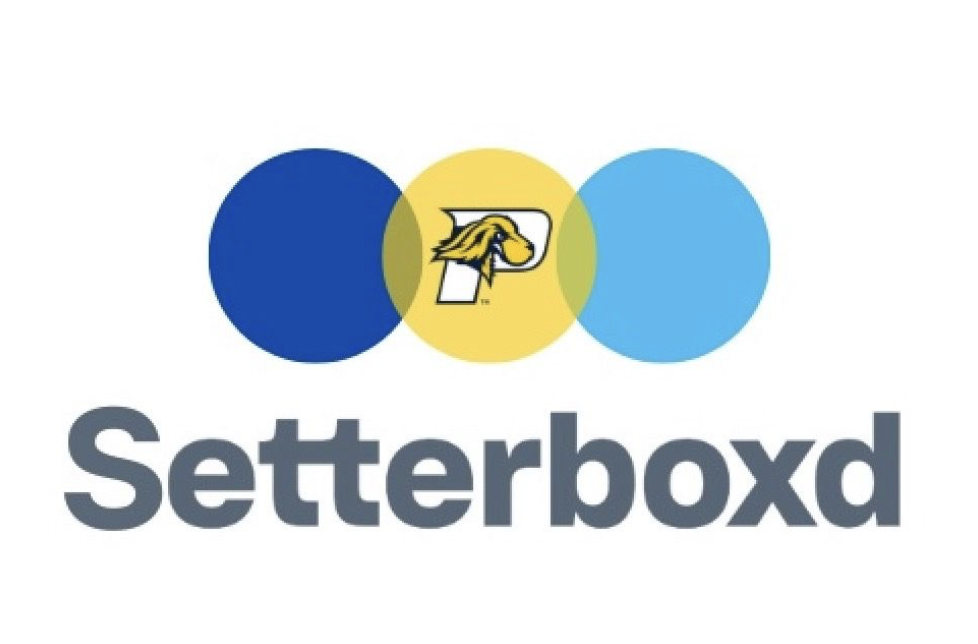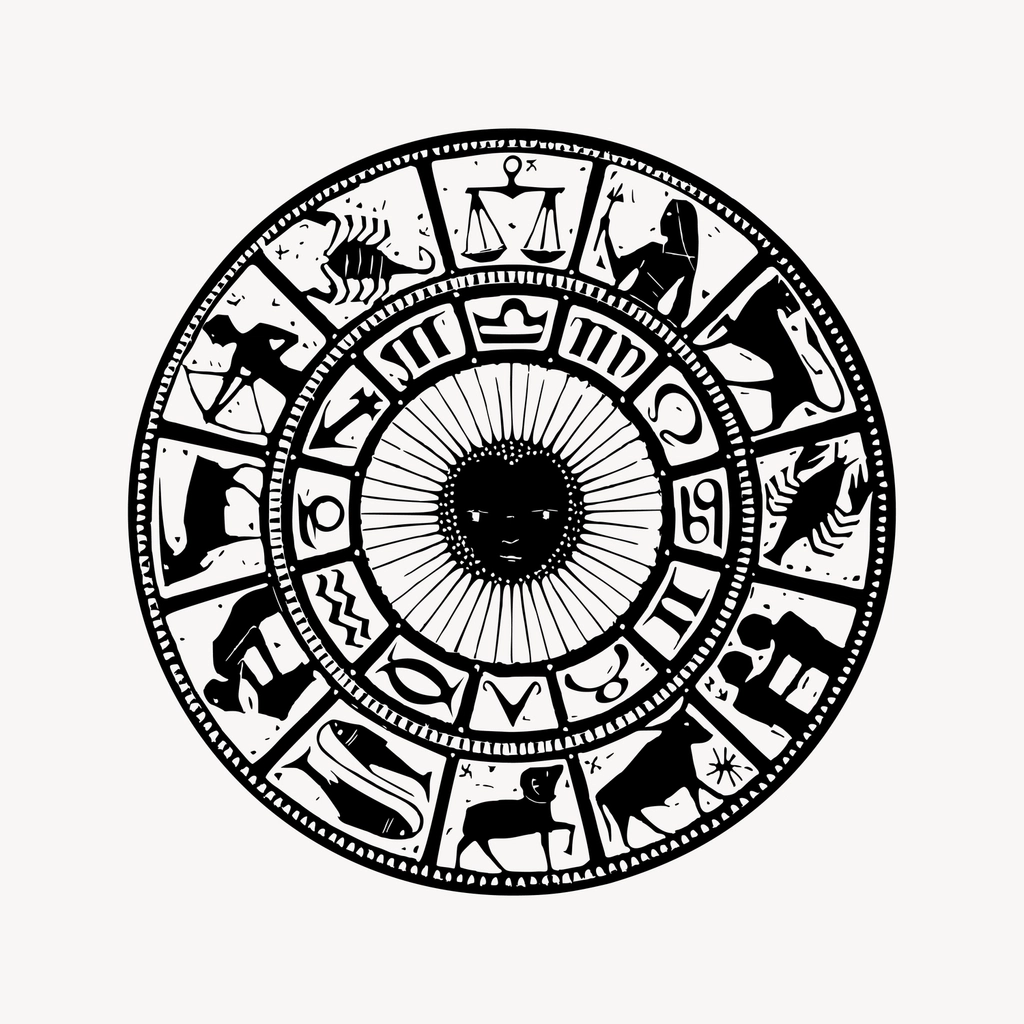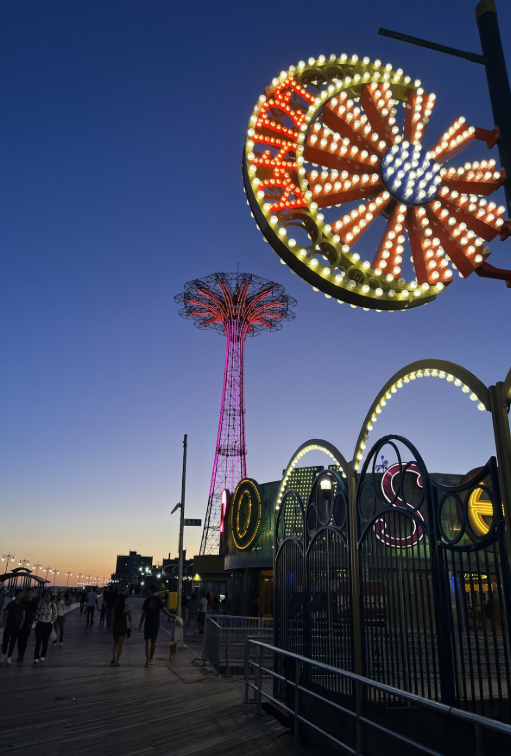Hockey fans have had every right to be upset the past month. On Sept. 15 at 11:59 PM, a collective bargaining agreement with the National Hockey League expired, and since then, the start of the NHL’s season has been delayed.
The new collective bargaining agreement players and owners are fighting over splits up the share of profits between the two sides. Players, which received 57 percent of the revenue (split between approximately 700 players) as salary last season, are being asked to take a cut to only 46 percent of the NHL’s total revenue. The owners assured players that even with the percentage cut, they will never make less than the 1.8 billion dollars they made last season.
The trouble starts with the additional caveat that players give up any revenue they make in escrow, which is third party revenue that is essentially guaranteed to players. The players felt that they were being asked to take too large of a pay cut, and have therefore refused to agree to the agreement.
The 2012-2013 season would have started on Oct. 11, but as issues remain and debate over salary, arbitration, and revenue persist, hockey fans are left in the dust. The Players Association allegedly pushed for continuing the 2012-2013 season under the previous collective bargaining agreement until a deal can be reached, but the owners of the teams refused to agree, essentially creating a standstill for the sport.
Recently, the NHL Players association has increased their efforts to work on a new collective bargaining agreement proposal. Discussions, however, must include Commissioner Gary Bettman. Reports suggest the NHL and NHL Players Association haven’t exchanged offers in weeks.
On the bright side, Katie Strang of ESPN has tweeted, “Bill Daly said league has been given indication PA is working on a proposal.” No one truly knows if this will help this lockout come to an end, but it is a start that is encouraging to Hockey fans.
However, the NHL isn’t the only professional league that has gone through their share of disputes. The NFL hired replacement referees when they could not come to terms on an agreement with the original ones. The experiment was an absolute headline-generating failure. Players on the field had no respect for these referees, and many fans felt these people wouldn’t be fit to work in Foot Locker let alone officiate an official NFL game.
Blown calls and incorrect hand gestures were commonplace, and it all came to a climax during a game between the Packers and Seahawks. Two replacement referees were positioned in the end zone on the last play of the game. One referee signaled incompletion while another referee signaled touchdown. After a scramble for the ball on the ground, the play was called a touchdown. Everyone who saw it knew the play was wrong and that the Packers were severely robbed. The play was incorrectly ruled and the Packers wound up losing because of the two referees’ inexperience.
This caused a twitter bonanza. People were having their way with the topic on various internet blogs, prompting the NFL to succumb to the demands of the original referees. On Sept. 26, an agreement was put into place, thus ending the longest collective bargaining agreement in the history of the NFL.
Many fans are still clamoring against Roger Goddell but at the very least; players have the luxury of once again playing with referees who know the true rules of the game.
Tying together these collective bargaining agreements is one that Major League Baseball adopted this offseason. A huge part of the MLB’s agreement states that the Wild Card would have two winners and they would each compete in a one playoff game. Previously, all Wild Card winners simply made the playoffs just like a division winner. Now, making it as a wild card means teams may not advance into the American League Division Series. This puts a huge emphasis on winning the Division.
The new CBA completely changed the complexity of the inning and the fate of the Atlanta Braves. In the first ever wild card game, an umpire announced a bad call, causing havoc. Fans of the Braves started throwing garbage and beer bottles onto the field.
This event, infamously referred to as the Turner Field incident, caused a delay in the game. During the regular season, this CBA agreement made baseball in 2012 some of the most exciting races fans have ever seen. In the playoffs, there was a huge controversial flaw since one game can have many things go wrong. Although playing among debris was dangerous, it worked out for the better, and that is the hope the NHL and NFL will look to know as well.






